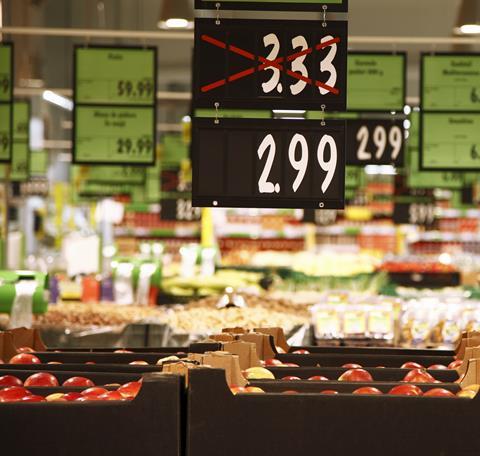Northamptonshire-based farming correspondent Rupert Knowles argues that supermarket promotions often represent a loss for the producer that they simply cannot afford

Supermarket promotions are not for the benefit of customers. They are not designed to cut the cost of food. Promos are a marketing tool to sell more of one product against others that compete. It is often the grower that funds them, not the supermarket – although the supermarket usually claims the credit.
Unlike widget makers, farmers have a finite stock of produce to market each year. They need to maximise return on x tonnes of y. They have no means of increasing x. The widget maker, by contrast, might run a night shift at a reduced margin and still benefit. So, assuming the farmer can sell all of y before it perishes, any promotion represents a loss to him.
If there is a glut, it might be advantageous to increase consumption of y before it perishes. But in all other cases, growers and farmers are subsidising the cost of living in promotions and they cannot afford to go on doing this.
This week we heard how the price of soft fruit has not increased in spite of the increase in growing, picking and marketing costs. Next year there will be less homegrown and more imports. It is not a sustainable situation.



